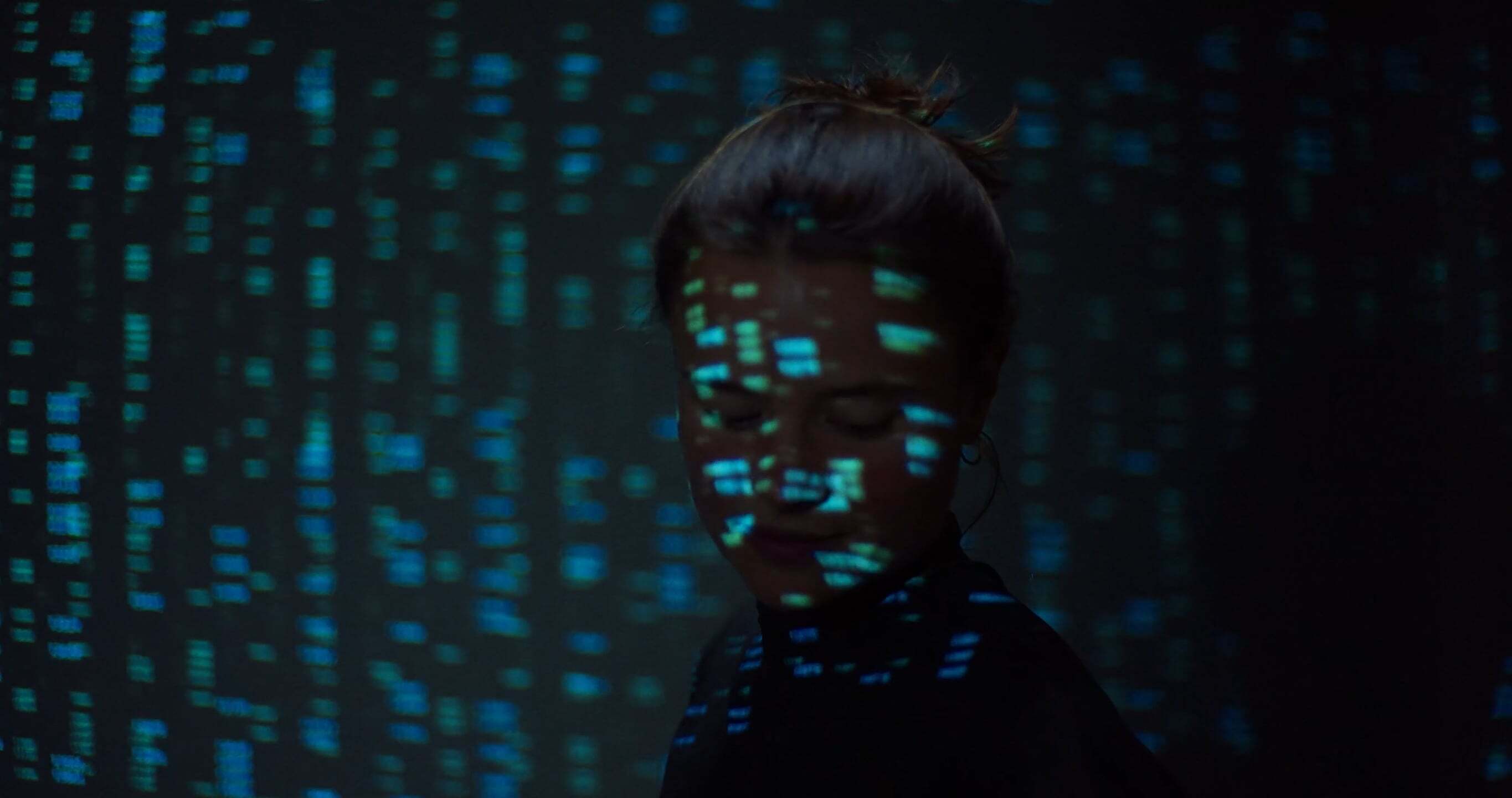
Unlock the power
of quantum
From Niels Bohr’s legacy to cutting-edge labs, Denmark is a global hub for quantum innovation and collaboration.
In Denmark, Quantum goes beyond theory—it shapes futures.
As a hub for world-class quantum research, Denmark gives you the space to explore the tiniest particles and their biggest potentials.
Here, universities, startups, and industry join forces to turn complex research into state-of-the-art solutions. From secure communication to ground-breaking healthcare.
Collaboration is part of the culture, and flat hierarchies make it easy for bright minds to meet and share knowledge. With an international outlook and strong national support, researchers in Denmark are not just advancing quantum science - they’re creating breakthroughs with global impact and human value.
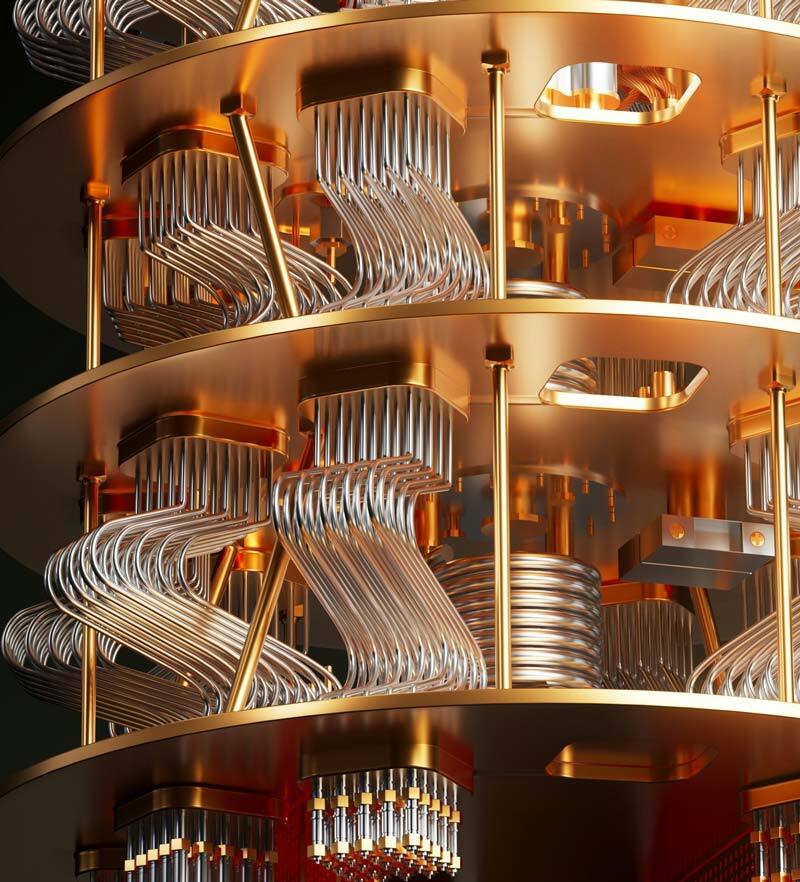
Unsplash
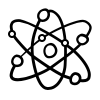

Unsplash
Open research positions in Quantum
/university-of-copenhagen.png)
Postdoctoral Fellowship in Theoretical High Energy Physics/Mathematical Physics
The Niels Bohr Institute (NBI) invites applications for a postdoctoral fellowship in Theoretical High Energy Physics/Mathematical Physics. The appointment is for a period of three years, starting in the Fall of 2026. The Villum Investigator Group “Quantum Quenches from Quantum Fields” at the Niels Bohr International Academy at the Niels Bohr Institute has an opening for a postdoc position starting in the Fall of 2026. The group works on themes at the interface between theoretical high energy physics, condensed matter physics and quantum information theory.
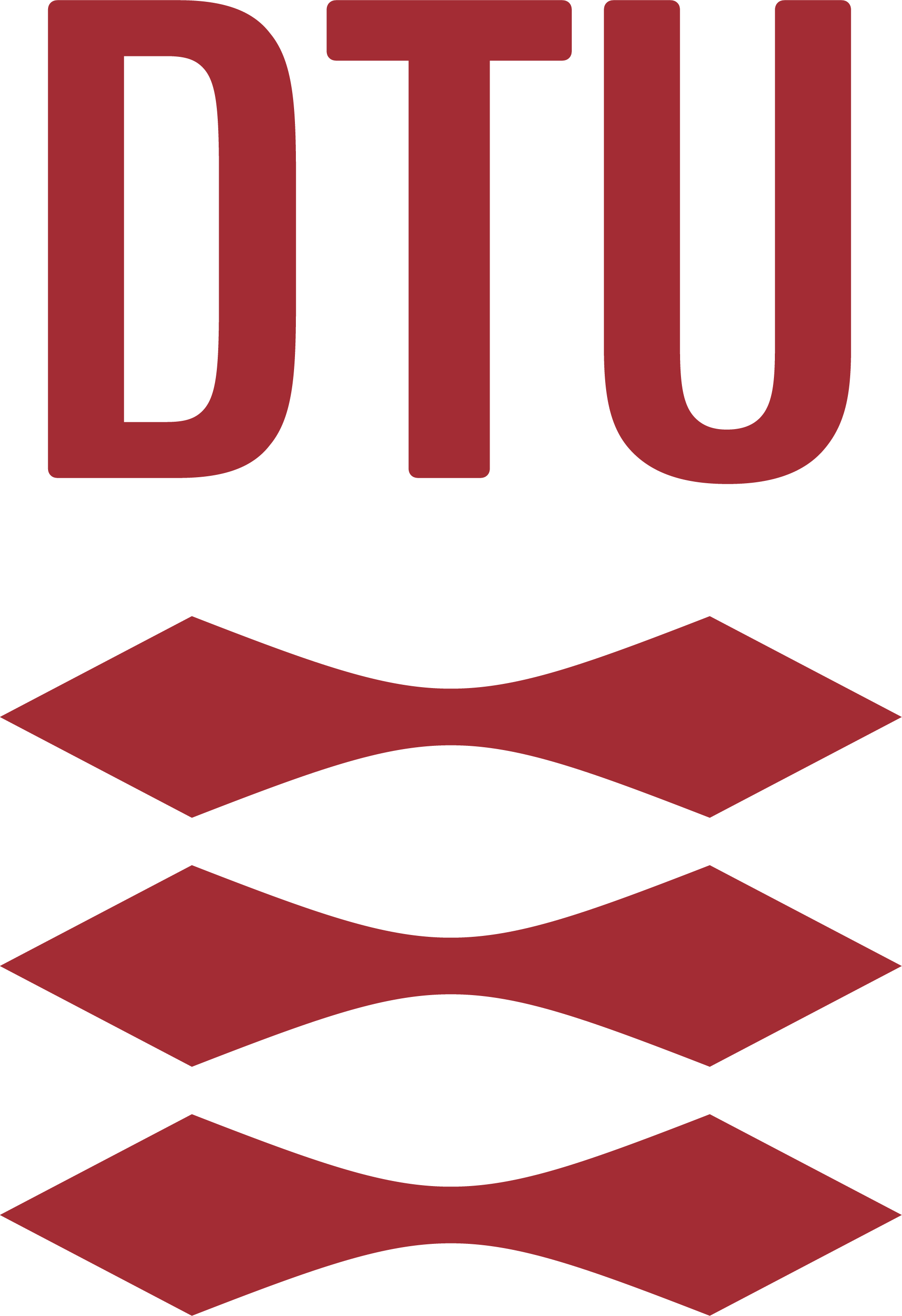
PhD scholarship in Theoretical Chemistry: Molecular Quantum Technology and Optical Deracemization
If you are passionate about theoretical chemistry/physics and curious about its potential application to molecular quantum technology, this is the position for you at DTU Chemistry in the group of Niels Engholm Henriksen (https://www.kemi.dtu.dk/english/research/physical-chemistry). You must have a solid foundation and interests in quantum chemistry, applied mathematics, programming, and computer simulations.

PhD scholarship in Computing Parallelism Enabled by Photonic Integrated Circuits - DTU Electro
The PhD student will participate in an international team in an EU-funded Doctoral Network project called MINDnet. The project consists of 15 Ph.D. students at 7 universities, one research center and two companies. The project has partners from eight different EU countries. All 15 Ph.d. projects are within the overall theme of neuromorphic computing and analog signal processing, targeting applications in the fields of communication, sensing, geolocalization, space and biomedical. This Ph.D. project will take place at DTU Electro. Apart from the time at DTU there will be secondments of minimum 3 months at University of Pisa (IT), Fraunhofer Heinrik Hertz Institute (DE) and Spincloud (DE). There will also be regular meetings with the other 14 Ph.D. students in the doctoral network, including 4 training schools and two workshops. As a participant of the project, the PhD student will become part of a team at DTU with numerical and experimental expertise in photonic computing. The activities within the project will benefit from synergies with other projects in the group as well as with other activities at the department. The main supervisor will be Assoc. Prof. Francesco Da Ros, DTU Electro.
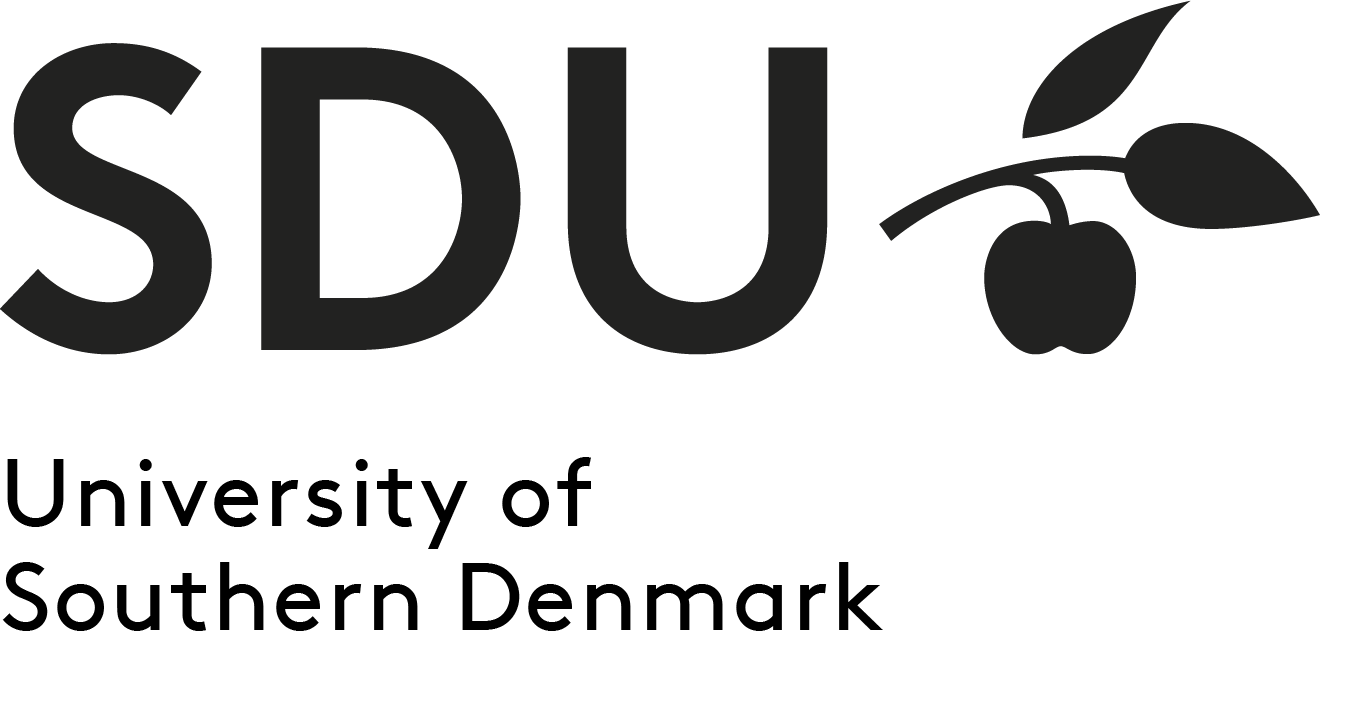
PhD position at the Center for Polariton-driven Light-Matter Interactions (POLIMA)
The successful candidate will work on assembling and developing experimental templates for the observation of strong light–matter coupling in cathodoluminescence spectroscopy, to investigate the emergence and properties of polaritons in state-of-the-art nanophotonic systems including two-dimensional materials, high-index dielectrics, topological insulators, organic molecules, noble metals, and their combinations. Emphasis will be placed on curiosity-driven explorations of unconventional light–matter interactions in those systems, and their understanding in the framework of classical and quantum optics, in combination with solid-state physics. The candidate will collaborate with a strong theory team within POLIMA, to enable a complete description and practical realization of strong coupling in electron–light–matter systems.

PhD scholarship in Photonic Reservoir Computing in Coupled Resonant Structures - DTU Electro
The Machine Learning in Photonic Systems group at DTU Electro at the Technical University of Denmark is seeking a candidate for a PhD position to research multiplexing in photonic integrated circuits for enhancing computing efficiency through parallelism. The PhD student will participate in an international team in an EU-funded Doctoral Network project called MINDnet. The project consists of 15 Ph.D. students at 7 universities, one research center and two companies. The project has partners from eight different EU countries. All 15 Ph.d. projects are within the overall theme of neuromorphic computing and analog signal processing, targeting applications in the fields of communication, sensing, geolocalization, space and biomedical. This Ph.D. project will take place at DTU Electro. Apart from the time at DTU there will be secondments of minimum 3 months at Technical University of Illmenau (DE), HPE (BE) and University of Trento (IT). There will also be regular meetings with the other 14 Ph.D. students in the doctoral network, including 4 training schools and two workshops. Further information Further information may be obtained from Assoc. Prof. Francesco Da Ros (fdro@dtu.dk).
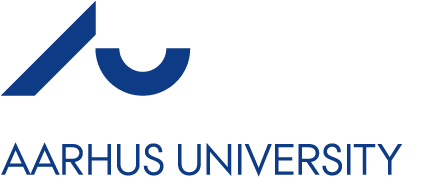
Postdoc in atomic and nanoscopic dynamics in quantum materials
Looking for a candidate to lead our X-FEL and synchrotron-based experiments to study the dynamics of light-induced phase transitions on atomic and nanoscopic length-scales driven by optical and phononic excitation. The focus will be on understanding how different excitation methods generate polarons and correlated materials in the cuprates and other quantum materials, building on our recent results in the vanadium dioxide (see Johnson et al. Nature Physics 20, 970 (2024)).
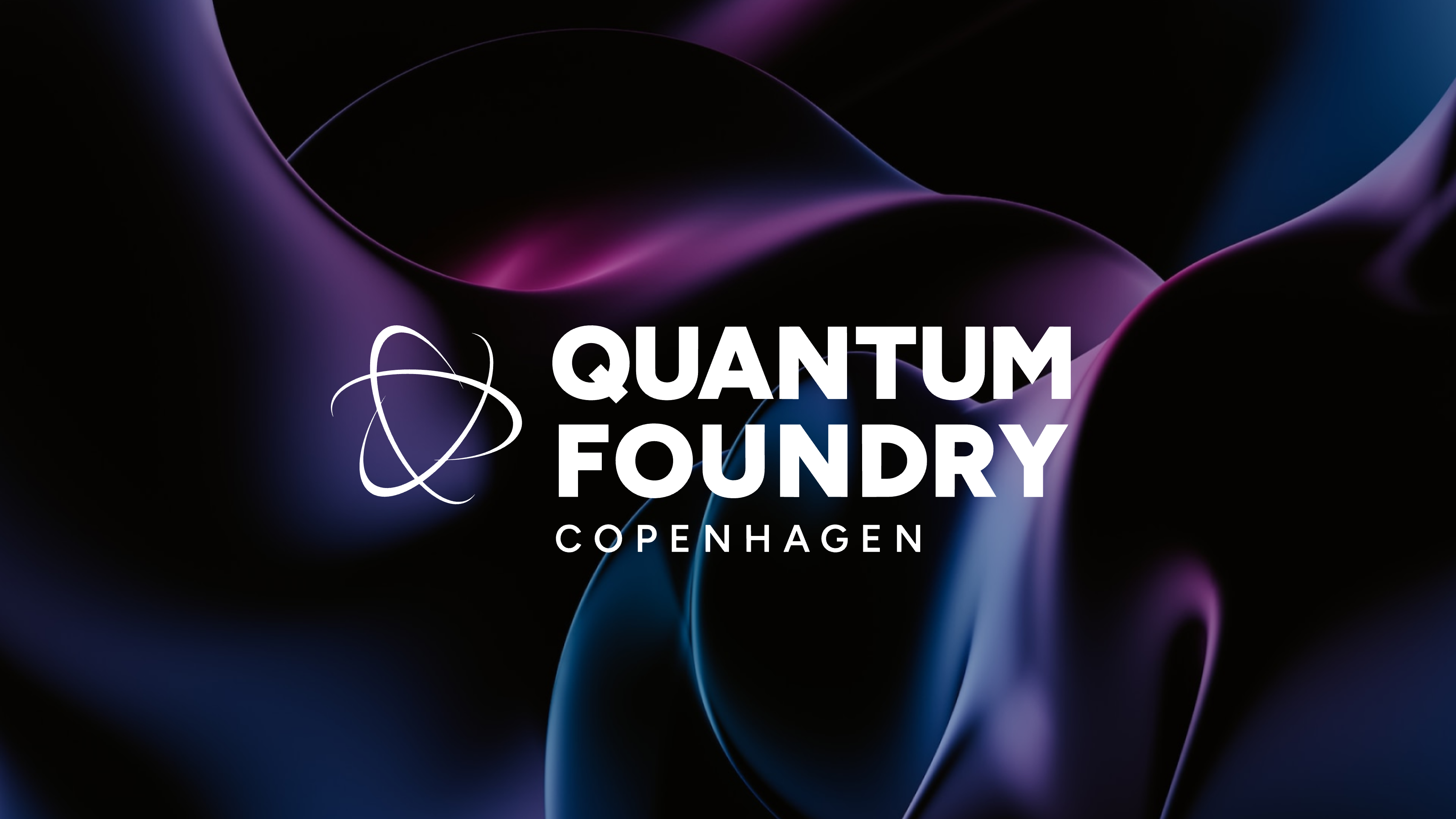
Electrical Engineering Assistant (Part-time student position)
Quantum Foundry is looking for a motivated and hands on student assistant to support the assembly of electrical control cabinets and assist with PLC programming tasks. This role is ideal for a technical student who enjoys practical work, learning by doing, and gaining real world experience with industrial automation systems. You will work closely with engineers to build, wire, and test small electrical cabinets, participate in system bring up, and contribute to PLC related development tasks. You don’t need to be fully experienced – curiosity, reliability, and willingness to get your hands dirty are more important.
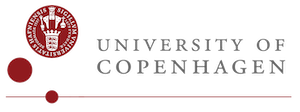
Characterization Engineer at the NNF Quantum Computing Programme
You will be working across multiple quantum platforms, enacting characterization protocols for our novel materials and reliably and precisely extracting relevant metrics. This will be done in close collaboration with the materials growth and fabrication teams as well as various international partners from industry and academia. Contact Jim Webb E-mail: vdk845@ku.dk

Quantum Materials Engineer (Silicon Germanium Epitaxy)
As a new Quantum Materials Engineer in the Front End Epitaxy team, you will develop and optimize waferscale crystal growth processes using advanced deposition and characterization tools for Silicon–Germanium Molecular Beam Epitaxy. You will contribute across multiple projects and collaborate closely with both QF and NQCP stakeholders, sharing regular updates on epitaxy workflows and materials characterization.
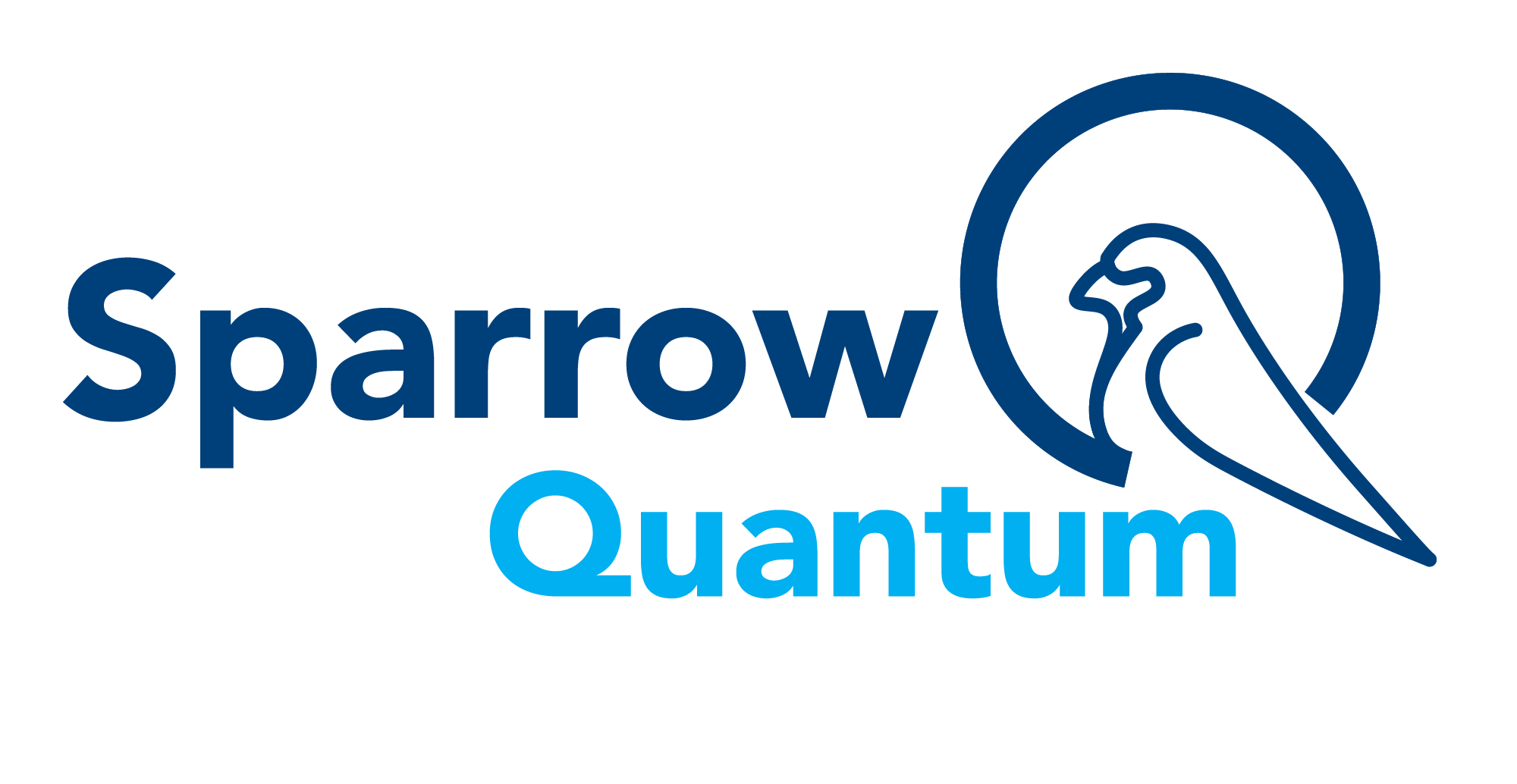
Open opportunities for researchers at the frontier of quantum photonics
Sparrow Quantum is always on the lookout for pioneering researchers. As a spinout from the Niels Bohr Institute, they’ve seen how bold ideas and groundbreaking research can evolve into world-leading commercial innovation—and they welcome those who want to be part of their journey to disrupt quantum photonics. That’s why they keep an open call for highly motivated researchers and quantum technologists who are excited about the most advanced quantum sources of today. They design roles around the right people, not the other way around; so, if you’re an outstanding researcher or engineer with the drive to shape the future of quantum photonics, they want to hear from you.

PhD Projects in Theoretical Quantum Optics and Quantum Information
The Niels Bohr Institute invites applicants for two PhD fellowships in Theoretical Quantum Optics and Quantum Information. The projects will be part of the theoretical quantum optics group and the Center for Hybrid quantum Networks (Hy-Q). The starting date is (expected to be) 1 September 2026 or as soon as possible thereafter. An earlier starting date may also be a possibility.

Postdoctoral position (2 years) – Scientific and Managerial Lead, European Quantum Skills Academy (E...
The Department of Management at Aarhus BSS, Aarhus University invites applications for a 2-year postdoctoral position as Scientific and Managerial Lead for the European Quantum Skills Academy (EQA). This position offers a unique opportunity to take a central role in one of Europe’s major initiatives in quantum workforce development, education coordination, and skills ecosystem building. The EQA brings together a large network of European stakeholders across universities, industry, training providers, and policy organisations, with the goal of strengthening Europe’s quantum talent pipeline and accelerating the development of high-quality, scalable training across the continent. The successful candidate will work at the intersection of research, strategy, stakeholder coordination, and EU grant implementation, with responsibility for driving scientific coherence and ensuring robust project execution across the consortium.

Post-doc on probing exotic quantum states in conductive Metal-Organic Frameworks
Your research will look at a special class of porous metal-organic frameworks (MOFs) that is based on redox-active organic building blocks. These building blocks enforce charge delocalization and give rise to exotic quantum states that relate to superconductivity. This project will focus on two types of phenomena: (i) Charge Density Wave (CDW) order in magnetic, lanthanide-based MOFs and (ii) electride-like, quasiatomic electron states that reside in the pores of certain MOFs. The aim of the project is to map these states with Scanning Tunneling Microscopy/Spectroscopy (STM/STS) and where possible, angle-resolved photoemission spectroscopy (ARPES). Your work will focus on the spectroscopy, and does not involve single-crystal synthesis. This project involves intensive international collaboration with multiple research groups.

DIAS Fellow in Formal Methods and Future Computing
The Centre for Formal Methods and Future Computing (FORM) and the Danish Institute for Advanced Study (DIAS) at the University of Southern Denmark (SDU, Campus Odense and Vejle) seek an outstanding candidate to fill a tenure track Fellow (Assistant Professor level) position in the field of Computer Science, with emphasis on formal methods and theorem proving. The candidate is expected to start in Autumn 2026, or as soon as possible thereafter. Additional information For further information about being a fellow at DIAS, please contact DIAS director Sten Rynning at +45 6550 2193 or via email at director-dias@sdu.dk. For more questions about the position, please contact FORM director Fabrizio Montesi at +45 6550 7171 or via email at fmontesi@imada.sdu.dk

Postdocs in Symmetry-Enhanced Quantum Cryptography
Are you excited about information security and the novel possibilities opened by quantum technology? Are you fascinated by quantum physics and intriguing phenomena such as quantum entanglement, nonlocality, and indeterminism in quantum measurements? And are you keen to work in a fast-moving interdisciplinary field combining physics, math, and computer science?
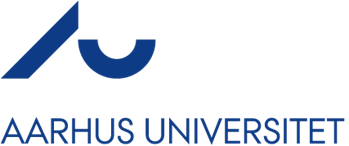
Associate Professor in Experimental CERN-related Physics
The department seeks to strengthen its existing activities in experimental physics in relation to CERN. The group currently participates in experiments at CERN with focus on anti-hydrogen physics, low-energy nuclear physics and strong-field quantum electrodynamics and wishes to expand into other or similar areas of research performed at CERN, preferably areas that may be synergetic with the current activities. We are thus looking for applicants who will complement and/or strengthen the existing CERN-related physics research group at the department. Contact information For further information, please contact: Head of Department, Professor Ulrik Ingerslev Uggerhøj, phone +4523382373, email ulrik@phys.au.dk.
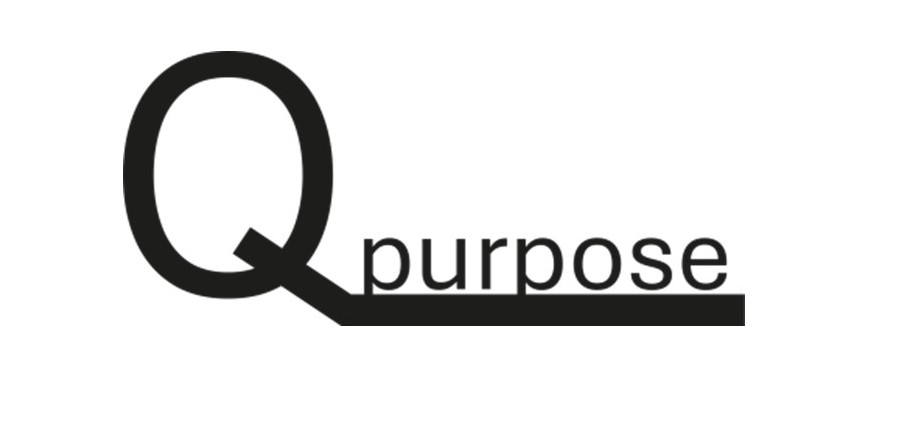
Talented entry-level and senior software engineers
Qpurpose is looking for talented entry-level and senior software engineers to join our team: Whether you have just graduated from university or have many years of experience, these positions offer a unique blend of classical programming and software development within a quantum computing framework. The software projects in these positions include technical development and ensuring successful execution and delivery on impactful industry applications using classical algorithms and techniques. In the future, there will be opportunities to integrate quantum computing techniques. These opportunities are ideal for those looking to use their passion for software engineering in a cutting-edge, interdisciplinary environment.
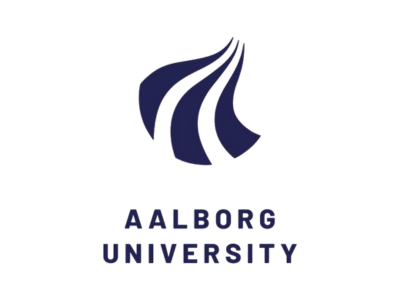
One or more PhD positions in quantum error correction and mitigation
This PhD project will be in the area of quantum communication and networked quantum computation, dedicated to protocols and methods for combining quantum error correction and quantum error mitigation to achieve application-level reliability.

Quantum Engineer, Superconducting Qubits
As part of the Quantum Processor Integration team, you will drive the development and validation of superconducting quantum processors. You will get the opportunity to collaborate closely with qubit design, materials, and fabrication teams to iteratively optimize quantum processor performance. Additional key responsibilities and tasks may include: Characterizing superconducting quantum processors at cryogenic temperatures, both novel qubit prototypes and scaled systems. Building and validating cryogenic test platforms for quantum processor benchmarking. Collaborating closely with hardware partners on system integration of quantum processors. Performing analysis of measurement data, documenting and communicating results to stakeholders. Contributing to measurement code development and automation of measurement workflows. Application and Information For more information, please contact – Karl Petersson, QPU Integration Lead (kdp@qfcph.com).

PhD scholarship in First-principles Theory of Exciton Interactions and Dynamics in 2D Moiré Systems
The section for Computational Atomic-scale Materials Design (CAMD) at the Technical University of Denmark (DTU), is seeking an outstanding and highly motivated candidate for a PhD position within the area of ab initio many-body theory with applications to excitons in complex 2D van der Waals materials. The position is funded via a EuroTech Alliance Stipend and involves collaborations with the experimental group of Andras Kis at EPFL.
Where Niels Bohr meets the next big thing
Denmark’s quantum story began over a century ago with Niels Bohr, and we’ve been shaping the future of physics ever since. Today, world-class institutions like the Niels Bohr Institute and Novo Nordisk Foundation’s Quantum Computing Programme are leading cutting-edge research in quantum algorithms, sensing, and simulation.
Backed by a strong national strategy, generous funding, and a culture of open science, Denmark’s quantum ecosystem is made for curious minds and collaborative spirits.
Whether you're into hardcore theory or real-world applications, you'll find a place here to grow, contribute, and connect with colleagues who take the science seriously but not themselves.
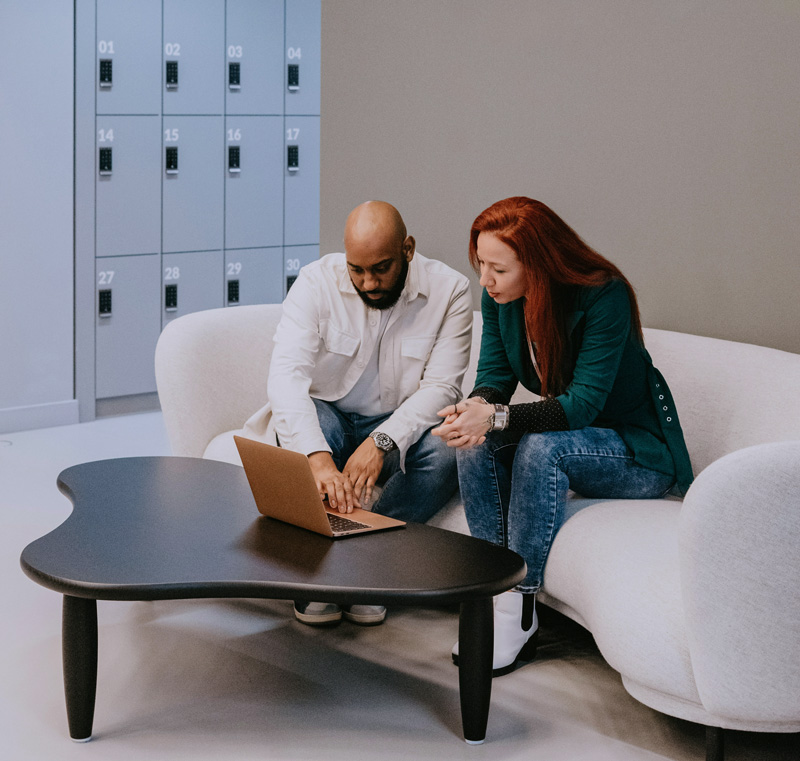
Unsplash
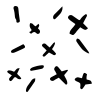
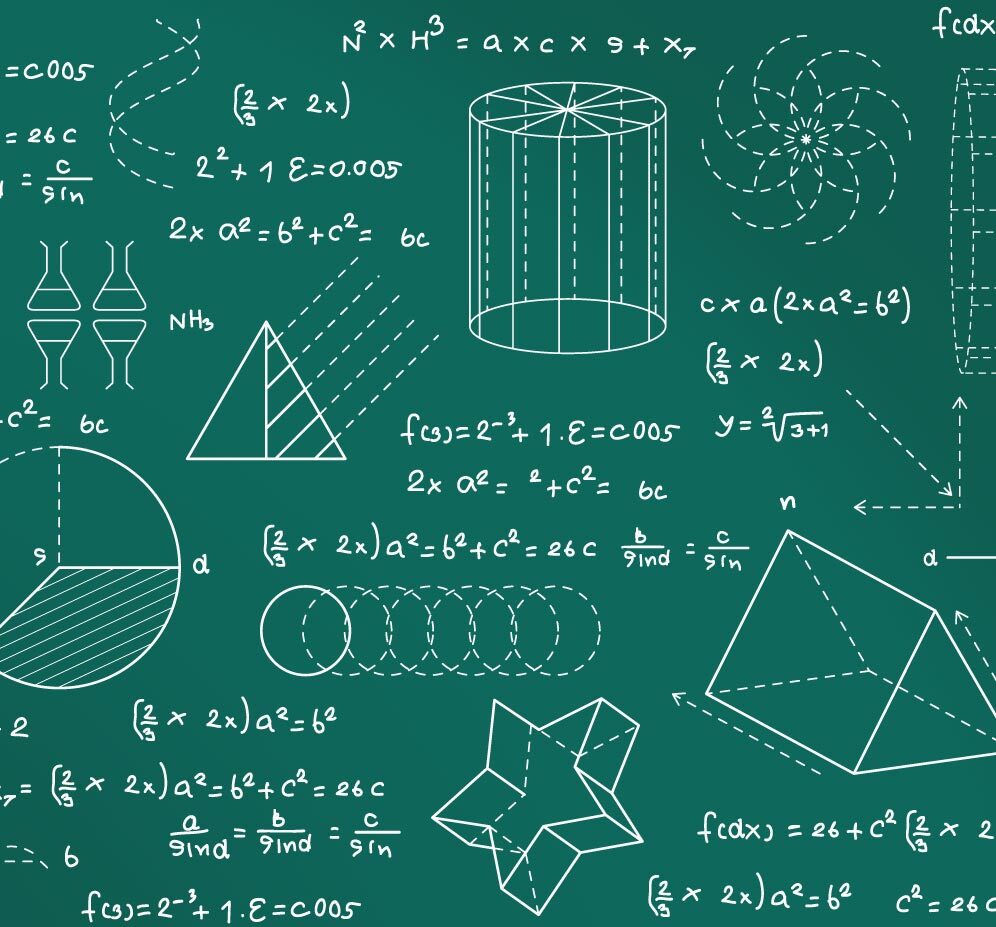
Shutterstock
Small particles, big ambitions
What do biotech, climate tech, and quantum computing have in common? In Denmark, they’re all part of a growing innovation ecosystem where deep science meets deep purpose.
The BioInnovation Institute’s new Quantum Lab is one of several initiatives bringing together quantum researchers, startups, and industry to turn complex ideas into concrete solutions. Whether it's simulating molecules for greener materials or enabling better-targeted healthcare, quantum in Denmark is about more than hype—it’s about impact.
And because this is Denmark, you’ll find a research environment that values not just your work, but your wellbeing too. Yes, even quantum minds clock off at 5.
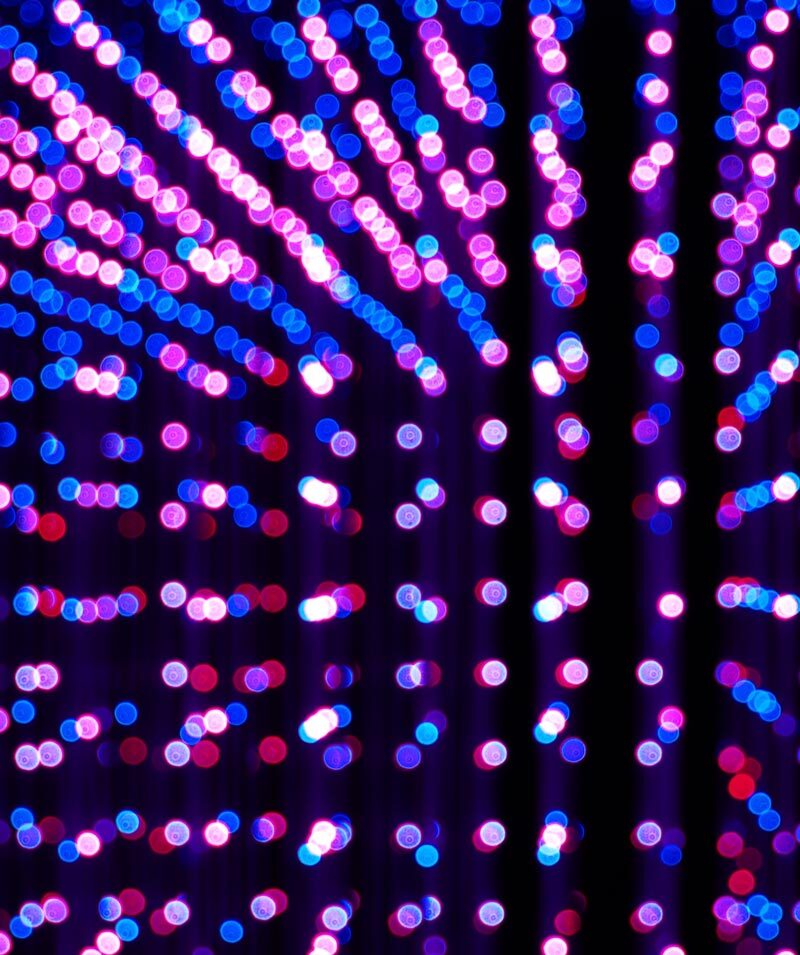
Shutterstock
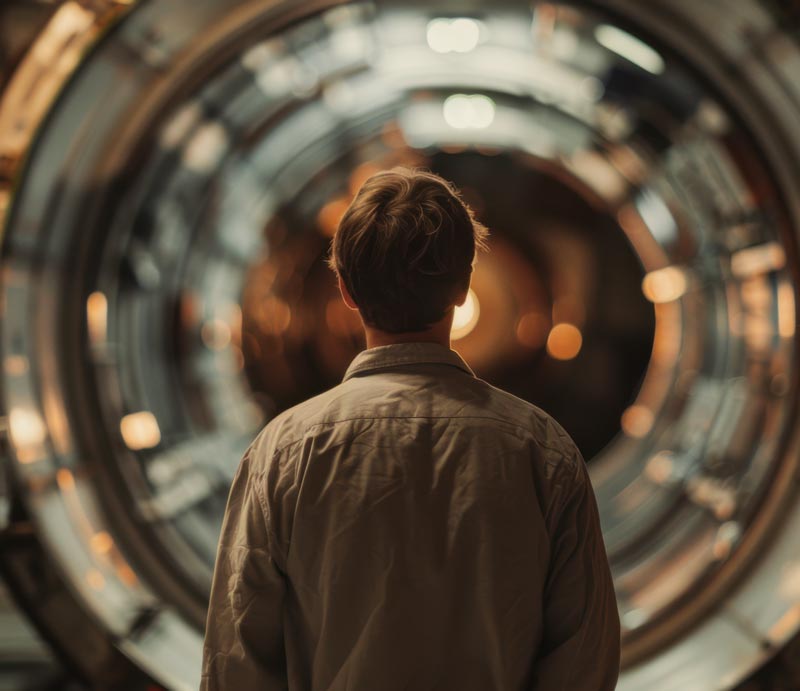
Shutterstock
Meet like-minded minds in neuroscience
Laura moved from Belgium to pursue her PhD at Aalborg University. At the Center for Neuroplasticity and Pain, she explores non-invasive vagal nerve stimulation to advance neuromodulation research.
Pedro came from Brazil to join the University of Copenhagen as a PhD student. His research in neuroscience is fueled by Denmark’s strong support system and collaborative academic culture.
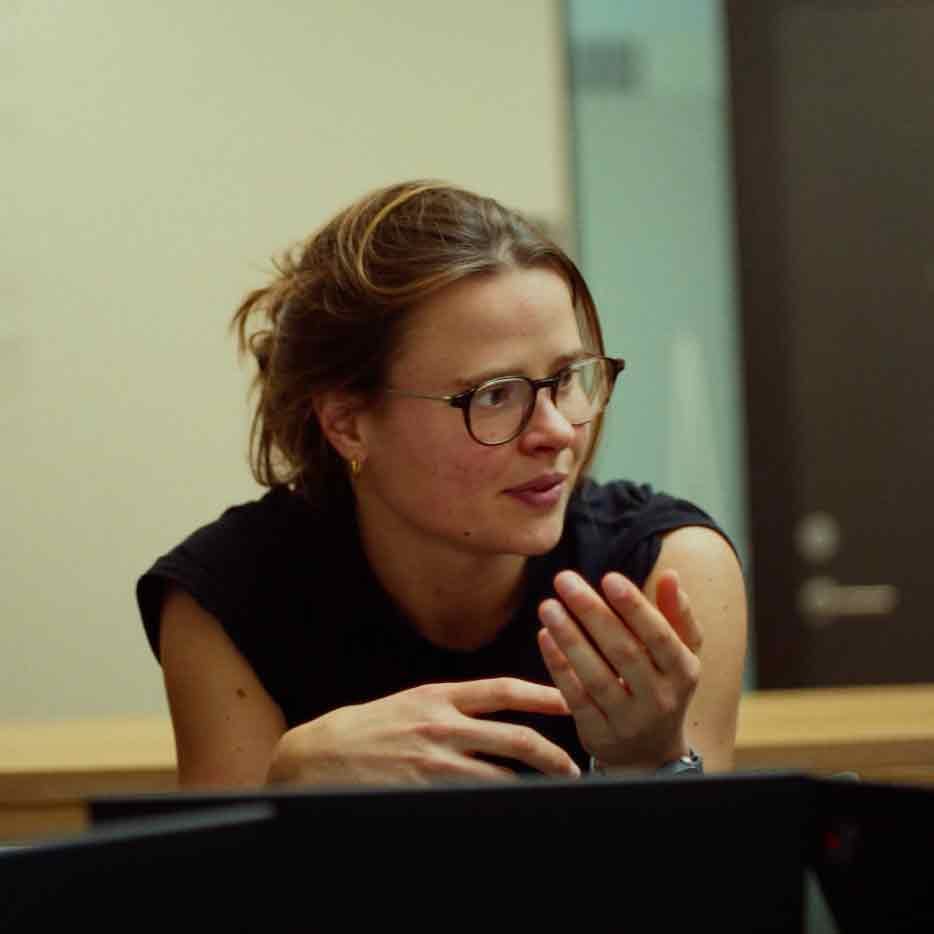

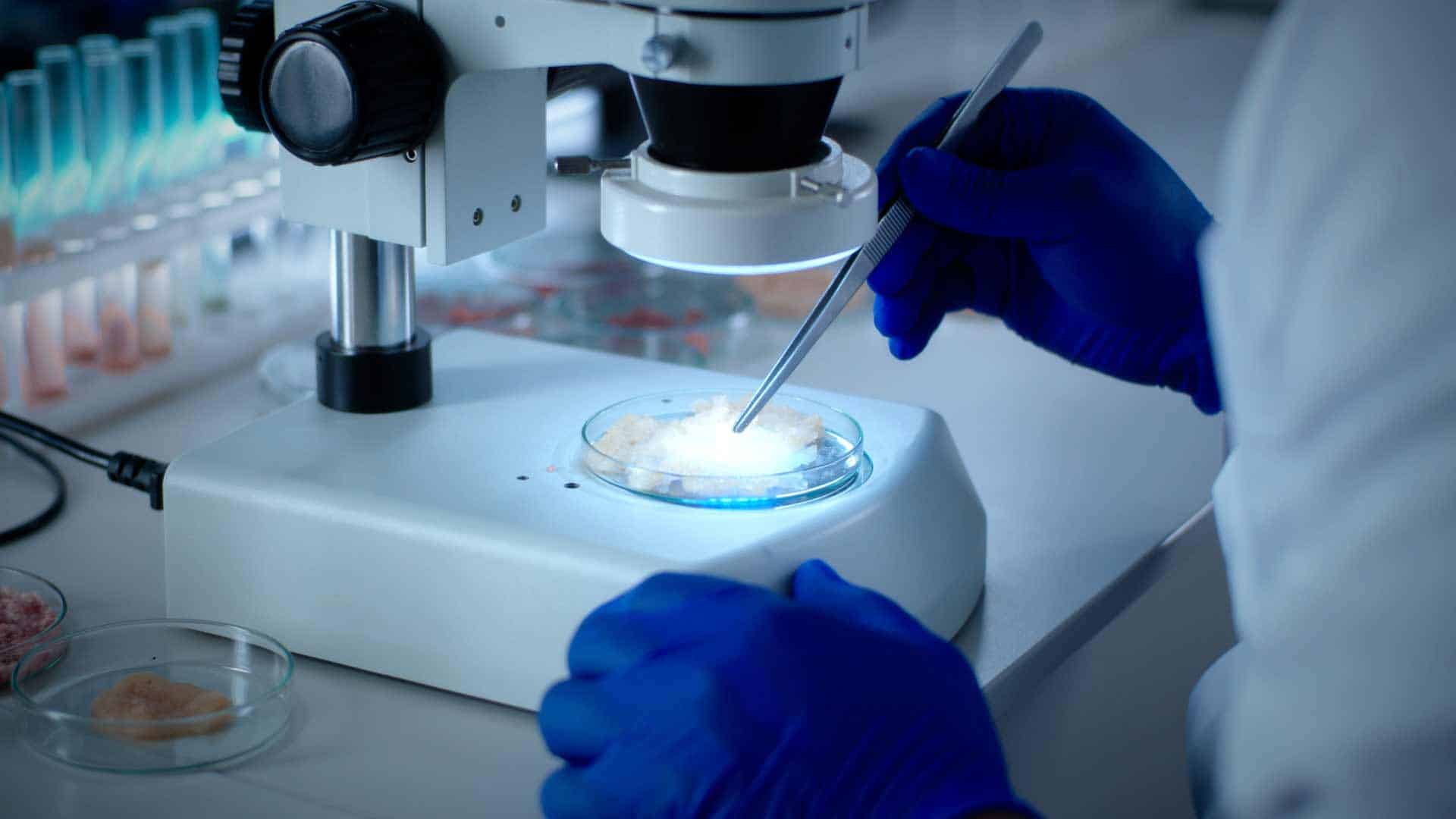
Get job alerts from Denmark
Sign up and we’ll keep you updated with exciting research career opportunities.
Social & news
